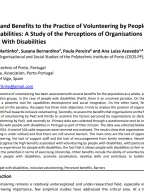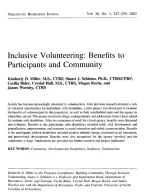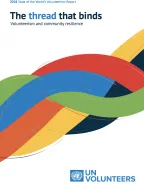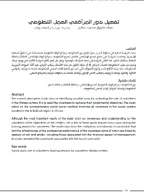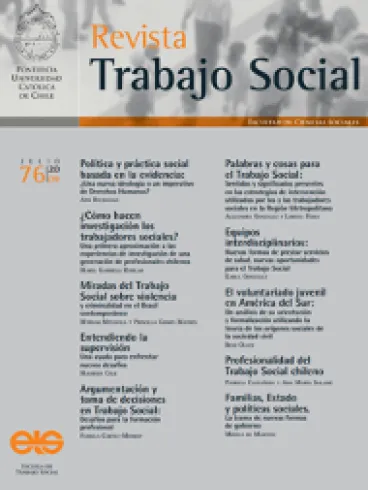
Youth Volunteerism in South America: An analysis of its orientation and formalization using the theory of social origins of civil society
Fast read
- This study explores the orientation and formalization of youth volunteering in Latin America and South America.
- It uses a three-level conceptual model based on the social origins of civil society. It compared a sample of 304 youth volunteer programmes from five countries in South America with a sample of 533 from Latin America and the Caribbean. It then used a path analysis model to identify factors associated with the orientation and formalization of youth volunteer programmes at the programme, organization and national levels.
Summary
The study highlights the importance of the formalization of youth volunteering programmes: the activities of more formal programmes have higher levels of social, economic and political impact. The analysis also suggests that government effectiveness, the national poverty level, and leadership and inclusiveness at the programme level significantly affect the level of formalization of youth volunteering programmes in Latin America and the Caribbean. In contrast, in South America, only youth leadership and inclusive programmes affect the level of formalization.
The paper provides policymakers with new evidence on the factors influencing the formalization of youth volunteering programmes. It also recommends more specific studies that incorporate marginalized youth, not only as beneficiaries but as actors of volunteering.













